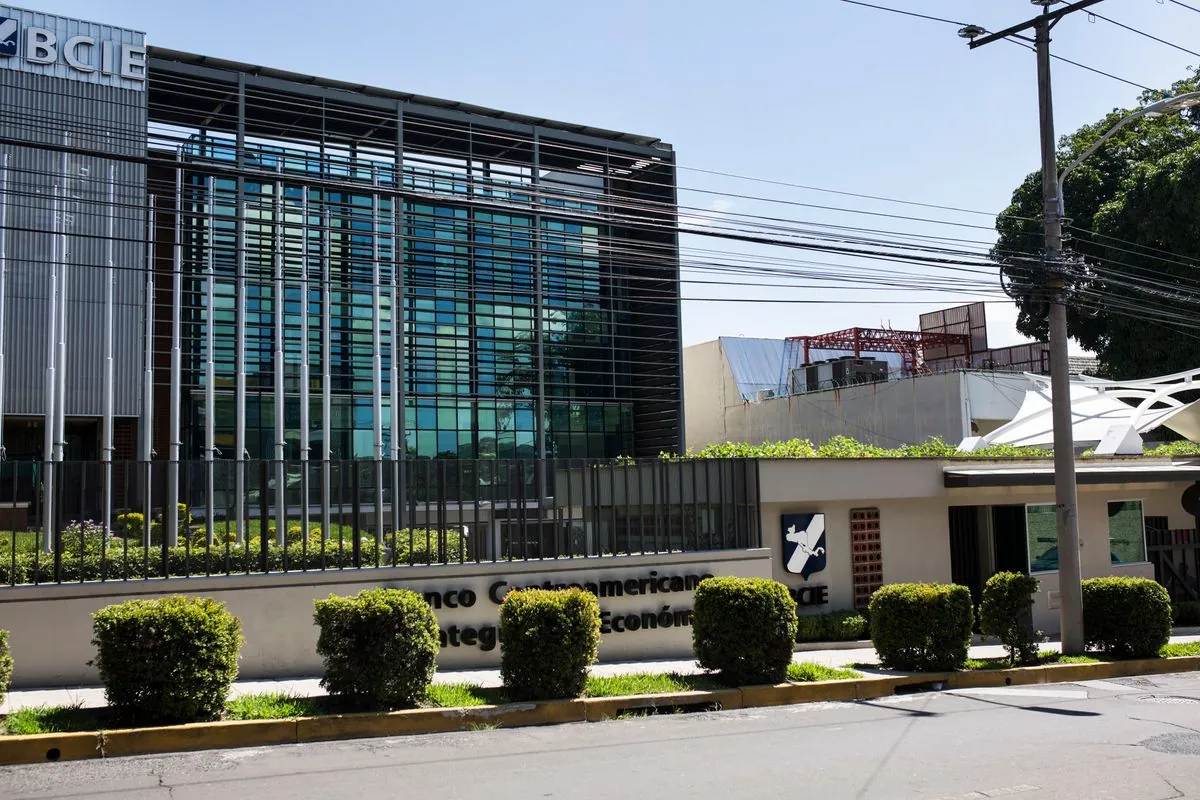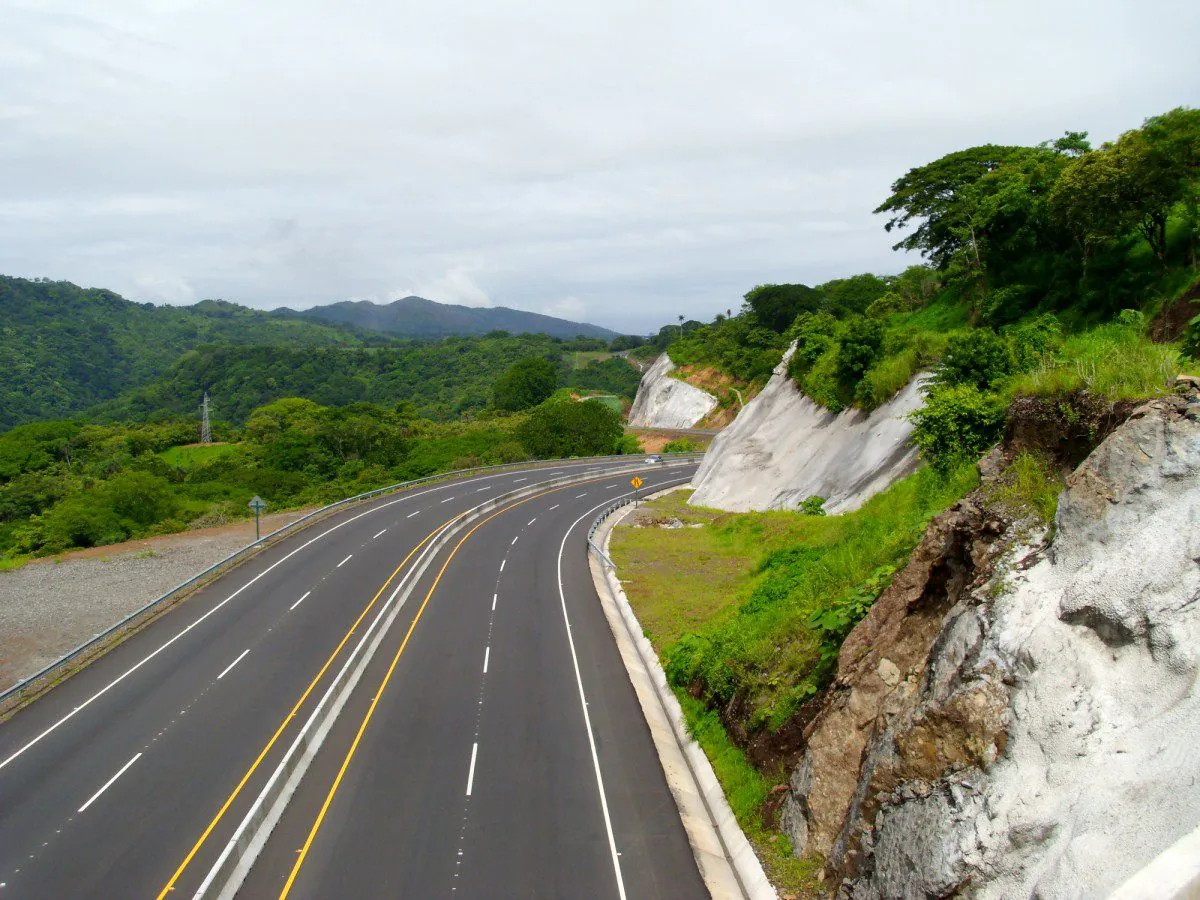CABEI Sues Ex-President Mossi for Alleged Extortion and Misconduct
The Central American Bank for Economic Integration has filed a lawsuit against its former president, Dante Mossi, accusing him of extortion and misconduct. Mossi denies the allegations, claiming the lawsuit lacks merit.

The Central American Bank for Economic Integration (CABEI), a prominent multilateral development institution, has initiated legal proceedings against its former Executive President, Dante Mossi. The lawsuit, filed in a U.S. district court on September 5, 2023, alleges various forms of misconduct during Mossi's tenure from 2018 to 2023.
CABEI, established in 1960 to foster economic integration and development in Central America, accuses Mossi of attempted extortion, violations of racketeering laws, breach of fiduciary duty, market manipulation, and breach of contract. The bank, headquartered in Tegucigalpa, Honduras, decided not to renew Mossi's contract in 2023, citing concerns about his leadership and character.
In response to these allegations, Mossi, a Honduran national, expressed surprise and maintained that the lawsuit lacks merit. He stated, "My management at the bank was completely audited. I'm not afraid."
The legal action follows a 2023 investigation by the Organized Crime and Corruption Reporting Project, which uncovered potential irregularities in CABEI-funded projects during Mossi's leadership. The investigation suggested that some infrastructure projects were plagued by corruption allegations, and loan funds may have been misused for bribes.
CABEI, which boasts 15 member countries as of 2024, including eight from Central America and seven from outside the region, has played a significant role in regional development. The bank has been involved in major infrastructure projects and has maintained a AAA credit rating from international agencies.

The lawsuit also addresses a separate legal action initiated by Mossi against CABEI. The former president claims the bank owes him $6,000 and is seeking over $3 million in damages and legal fees. CABEI contends that it refused to pay the $6,000 because Mossi had allegedly used bank funds to hire a lawyer to assess the decision not to retain him.
CABEI characterizes Mossi's lawsuit as part of "an unrelenting campaign of extortion" against the institution. This legal dispute highlights the challenges faced by international development banks in maintaining transparency and accountability.
"The decision not to renew Mossi's tenure last year reflected concerns about his leadership and character."
As this legal battle unfolds, it raises questions about the governance and oversight of multilateral development institutions. CABEI, which has been criticized in the past for its environmental and social impact assessment practices, faces the challenge of maintaining its reputation while addressing these serious allegations.
The outcome of this lawsuit could have significant implications for CABEI's operations and its role in promoting economic development in Central America. As the largest multilateral development institution in the region, CABEI's ability to effectively support small and medium-sized enterprises and drive regional integration efforts may be affected by this controversy.


































